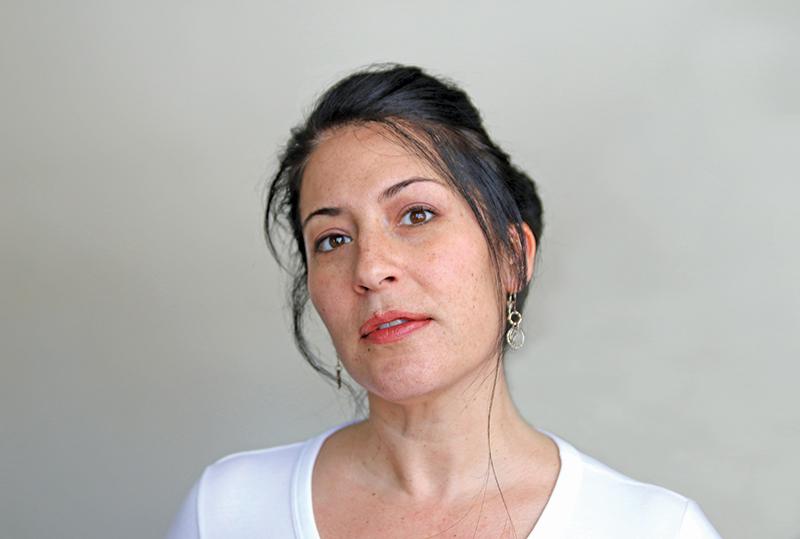Ada Limon once said that she writes two kinds of poems: “Thank you and please is all I’ve got.” Although she was half joking when she made that statement, there is still something true in it. Unlike many of her contemporaries who write (often wonderful) poems of complaint, the tone of Limon’s poems is usually one of longing or of praise. That is clearer than ever in her fifth book and most recent collection, The Carrying.
I think this tone has much to do with the wide appeal of Limon’s work. The language is direct and uncluttered, but many poets work with similar forthright language. Limon’s poems have something else: a generosity of spirit that is immediately appealing. She can write what appears to be a simple “Love Poem with Apologies for My Appearance,” which starts on a jokey note as she describes how comfortable she is around her husband in sweatpants, braless, and with hair “knotted and uncivilized.” But, typically, this attitude quickly becomes something else:
I move in this house with you, the way I move
in my mind, unencumbered by beauty’s cage.
I do like I do in the tall grass, more animal-me
than much else. I’m wrong, it is that I love you,
but it’s more that when you say it back, lights
out, a cold wind through the curtains, for maybe
the first time in my life, I believe it.
She writes about the unintentional insensitivity of an old friend who talks about the joys of fatherhood just after Limon has discovered her own infertility. He’s had to stop drinking, so Limon orders herself a stiff one and takes pointed pleasure in it:
“I take a long sip and really look into his eyes. // I want him to notice what he said, how a woman might feel agony, / emptiness, how he’s lucky it’s me he said it to because I won’t / vaporize him.”
It’s a wonderfully controlled bitterness that still has something of affection in it.
But what I love most in Limon’s poetry is her joy in the places of her life, whether in California or Kentucky, and in naming the creatures that live in these places. Here is an excerpt from The Carrying entitled “Against Belonging”:
… when I was
young, we camped out at Russian Gulch and learned
the names of all the grasses, the tide pool animals,
the creatures of the redwoods, properly identifying
seemed more important than science, more like
creation. With each new name, the world expanded.
I give names to everything because it makes
me feel useful.
Ada Limon has made herself beautifully useful.
She reads at UMMA on February 7 as part of the U-M English Department’s Zell Visiting Writers Series.
